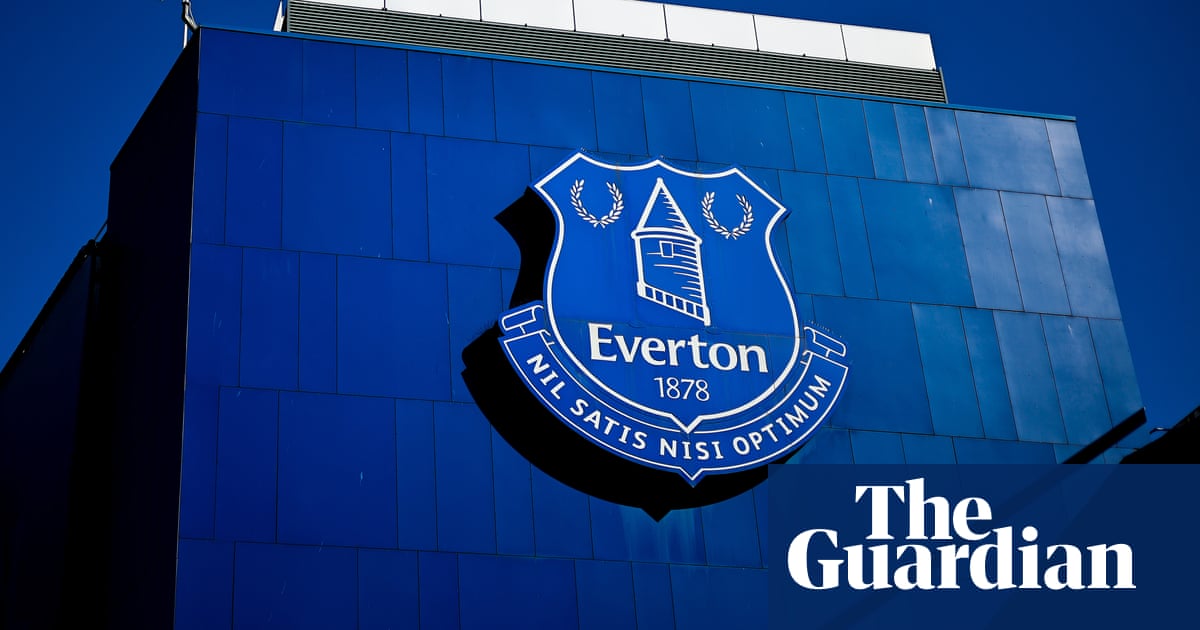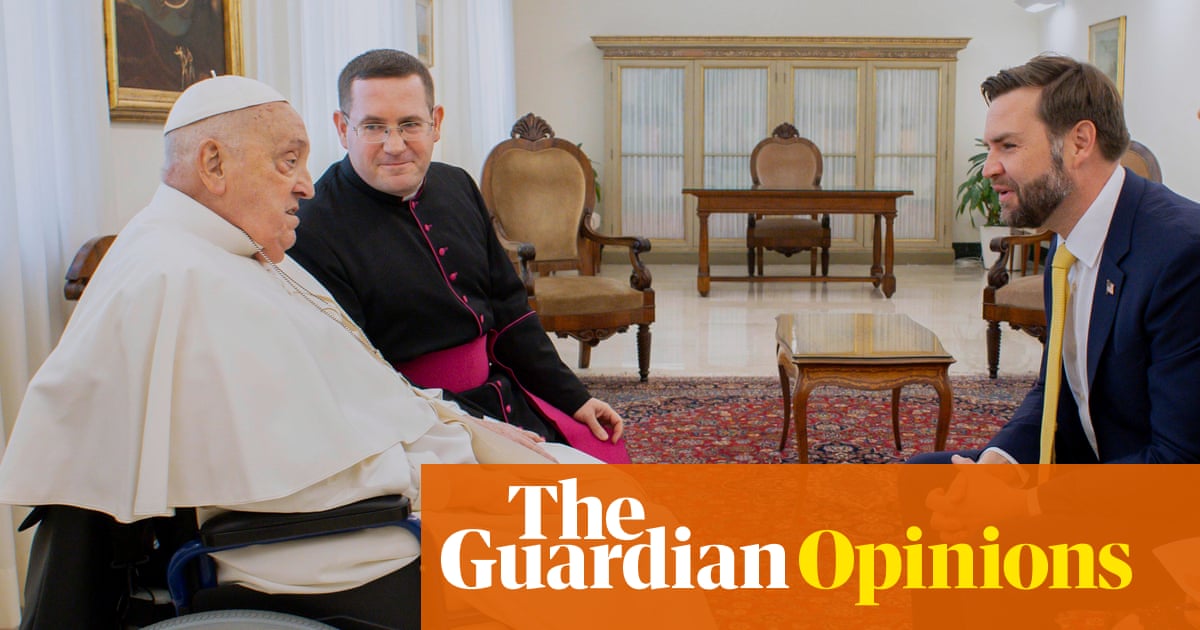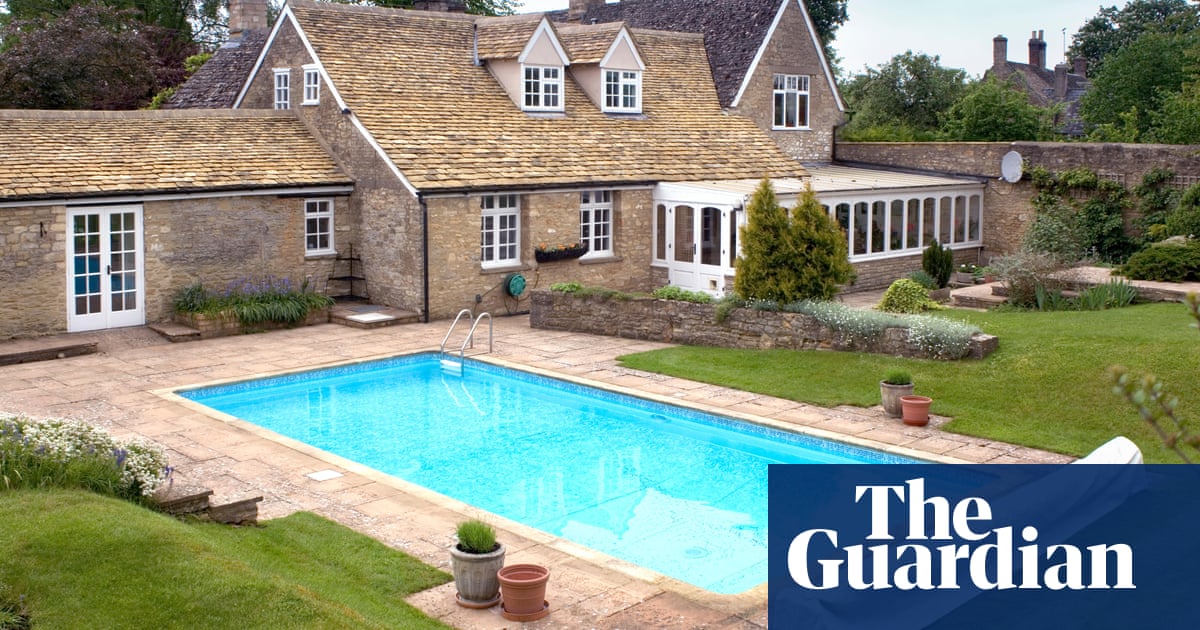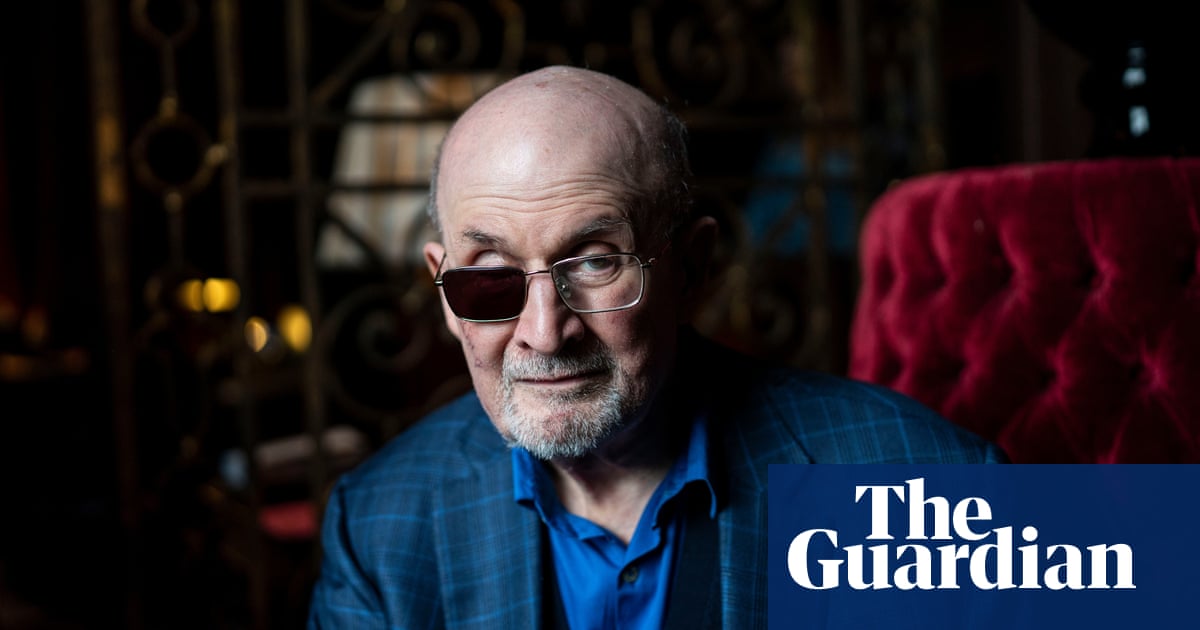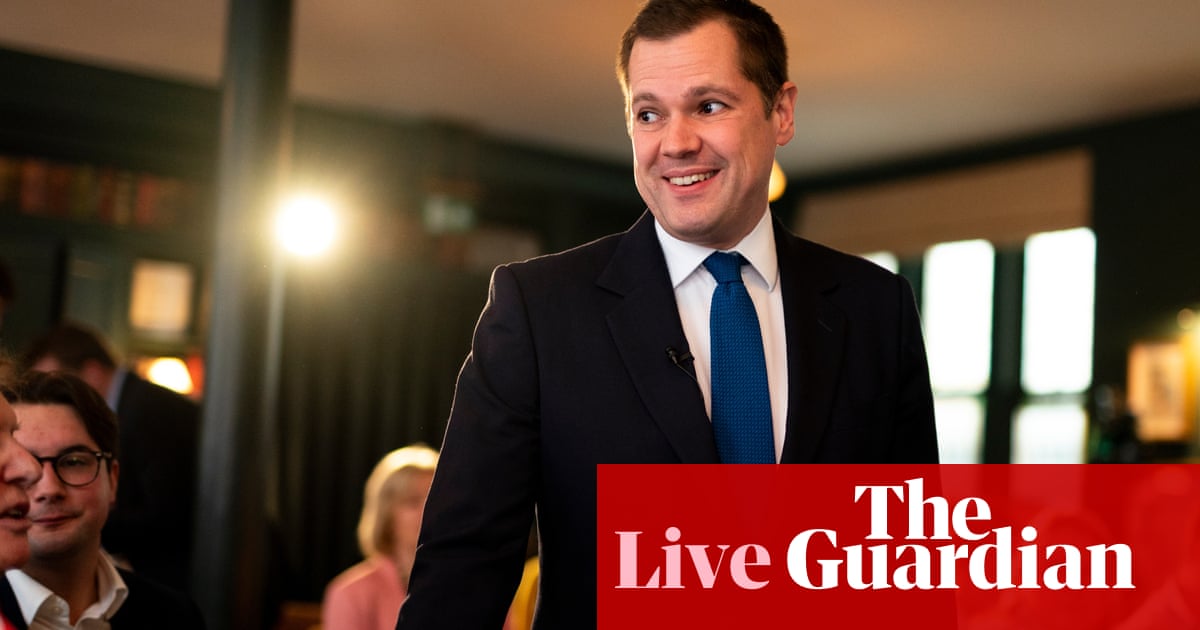Ministers are under pressure to allow cash-strapped English local authorities to increase council tax by as much as 25% to prevent them becoming bankrupt.
Experts said it was inevitable that the government would give the green light to some of the most financially constrained local authorities exceeding a 5% cap to prevent them from issuing section 114 notices that indicate they are rapidly going bust.
Under normal circumstances, councils must limit the increase in council tax to 4.99% or ask voters to back a higher increase in a referendum.
When it becomes clear to local officials that they will be unable to balance the books and may need to issue a section 114 notice, ministers can intervene and waive the rules, allowing a council tax rise in excess of 5%.
Among the councils considered to be in serious financial difficulties are Tory-controlled Hampshire county council, Labour-controlled Bradford, and Windsor and Maidenhead council, which is controlled by the Liberal Democrats.
The government has said a decision about any intervention in local authority finances had yet to be made.
The previous government allowed councils to breach the 5% cap but only after they had issued section 114 notices, including Croydon, Birmingham and Thurrock.
Tony Travers, an economics professor at the London School of Economics and an expert on local authority finance, said: “The government is bound to let some councils breach the 4.99% cap because it’s the least worst option.”
Jonathan Carr-West, the head of the Local Government Information Unit, said: “Ultimately, the government will have no choice but to agree the worst-hit councils raise council tax by more than the current limit. The alternative is to let them go bust, except when that happens the council will still need to raise council tax above the cap as part of the recovery process,” he added.
According to the County Councils Network, 85% of local authorities say they are in a worse position than before the autumn budget and local government finance settlement.
A spokesperson for the network said most councils would be making steep cuts in adult social care, school transport and libraries to cap the rise in council tax at 5%. “Considering there is very little fat left to cut from many of these services already, a further reduction will have a material impact on our residents,” they said.
Ministers could also opt to allow an increase in borrowing or for central government to cancel the debts of selected councils.
However, borrowing by councils has already hit record levels, according to the latest official figures.
Carr-West said bailouts that involved debts being written off were unlikely. “If ministers bail out some local authorities and not others, what’s to say there won’t be lots of other councils asking why not them?” he added.
Tory-controlled Hampshire county council has asked permission for a 14.99% council tax rise – equivalent to a £230 increase on a band D property – and has vowed to hold a local referendum to try to get the rise it needs if ministers turn down its request.
Hampshire said sticking to the 4.99% rise chosen by the majority of upper-tier councils would not address its long-running financial problems and would “increase the likelihood” that it would declare effective insolvency in the next few months.
Although the council accepts there is little public support for a 15% rise, it said there was evidence the public would prefer above-cap rises to further service cuts. The increase would bring its average council tax bills up to the level of other county councils. It has put the cost of a referendum at £2m.
The council has a £180m hole in its budget caused largely by the increasing costs of adult and children’s social care services. It says that after years of underfunding it can no longer balance its budget by simply cutting services.
after newsletter promotion
Windsor and Maidenhead council, controlled by the Liberal Democrats, has proposed a 25% rise – meaning £320 a year, or £6.15 a week on a band D property. It said in December that without government support, including permission for the council tax rise, effectively bankruptcy was “almost inevitable”.
Labour-run Bradford is seeking a maximum 14.99% council tax rise – which would put an extra £250 on bills for a band D property. After years of government underfunding, it has a deficit of £120m and £600m of repayable emergency financial support loans to keep it from bankruptcy.
It believes a large one-off council tax rise will bring it into line with neighbouring councils, stabilise its finances and help it pay off its loans earlier. But the council, overseeing the most deprived areas of England, will find it hard to justify big rises to residents at a time when many are struggling.
Other English councils considering above-cap rises include: Newham in east London, Birmingham, and Cheshire East (10%) and Slough (7.99%). Somerset council has written to ministers asking for the green light for an above 4.99% rise.
All councils lobbying for a lift in the cap say they will still need to make steep cuts in services and care provision.
Some councils who initially raised the prospect of above-cap rises have pulled back from the brink: Bristol, and North Somerset, which floated 15% increases, decided to go for 4.99%, the maximum rise allowed under cap rules.
Sir Stephen Houghton, the leader of Barnsley council and chair of the Sigoma group of English urban authorities, said above-cap rises were the culmination of years of underfunding from central government. “Places like Bradford don’t do this for no good reason. Residents won’t like it but the council’s first priority has to be to stabilise the council.”
North Somerset council opted for 4.99% after consulting residents on proposed rises of between 7% and 15%. Only 27% backed an above-5% increase.
The council leader, Mike Bell, said: “North Somerset receives around £50m a year less in council tax and government grant income than the typical English council. We need urgent reform of local government funding so that every part of the country gets fair access to the services they need.”
A Ministry of Housing, Communities and Local Government spokesperson said: “This is pure speculation. No decisions have been made on council tax increases and we will only consider agreeing to requests for rises above 3%, with 2% for the adult social care precept, in exceptional circumstances.”

.png) 2 months ago
38
2 months ago
38

